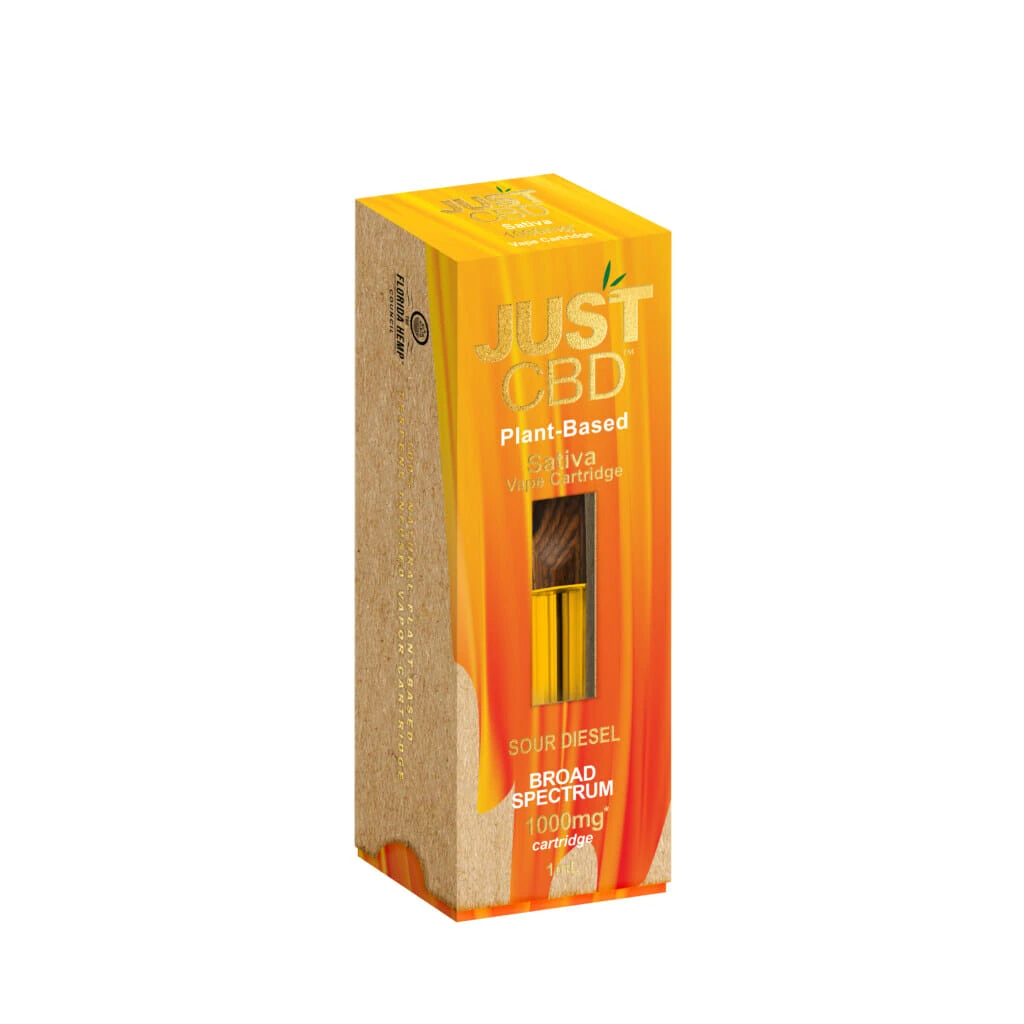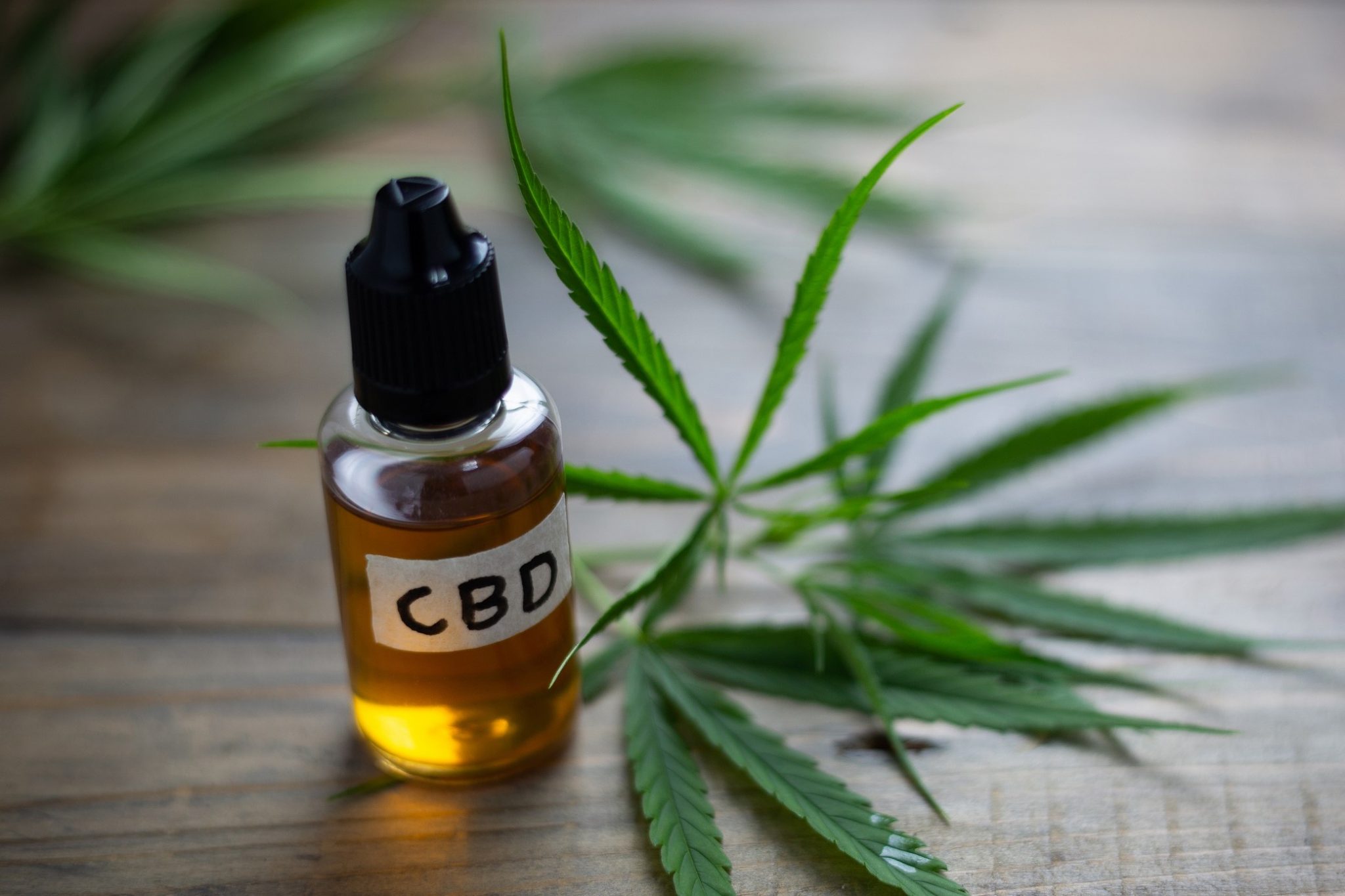
Vape Heaven: Exploring JustCBD UK’s Sour Diesel vs. Live Resin CBD Cartridges
If you’re into CBD and looking for a smooth vaping experience, CBD vape cartridges from JustCBD UK’s are worth checking out. I recently tried out their 1000mg Sour Diesel and 1000mg Live Resin CBD vape cartridges, and I’m excited to share my thoughts.
Sour Diesel CBD Vape Cartridge

First up is the Sour Diesel CBD vape cartridge. I was immediately drawn to its classic, robust flavor reminiscent of the iconic Sour Diesel strain. The flavor is tangy and slightly earthy, offering a refreshing twist that doesn’t overpower. What I really liked about this cartridge was its smooth draw and consistent vapor production. It’s perfect for those moments when you need a bit of relaxation with a kick of flavor. The only downside? The taste can become a bit monotonous if you’re not a fan of the diesel flavor, but that’s a personal preference.
Buy Now Sour Diesel CBD vape cartridge here!
Live Resin CBD Vape Cartridge

Next, I tried the Live Resin CBD vape cartridge, which is another level of experience. The live resin formulation means you get a more potent flavor profile and a richer CBD experience. It’s like vaping the essence of the hemp plant, and the taste is complex and full-bodied. The live resin cartridge offers a slightly more robust and aromatic flavor, which I found delightful and satisfying. It’s great for those who appreciate a deeper, more authentic hemp taste. However, the rich flavor might be a bit intense for those who prefer lighter options.
Buy Now Live Resin CBD vape cartridge here!
Conclusion
Overall, both cartridges deliver a high-quality CBD experience, but they cater to slightly different tastes. The Sour Diesel is perfect for those who love bold, tangy flavors, while the Live Resin provides a richer, more complex taste. Both are easy to use and provide consistent, smooth hits, making them great additions to your CBD routine.
What are CBD vape cartridges?
CBD vape cartridges are pre-filled containers of CBD e-liquid designed to be used with a compatible vape pen or battery. They offer a convenient way to consume CBD without the need for mixing or refilling, providing a consistent dosage of CBD with each use. The cartridges come in various flavors and concentrations, allowing users to choose based on their preferences and needs.
How do CBD vape cartridges work?
CBD vape cartridges work by heating the CBD e-liquid inside the cartridge with a vape pen or battery. The heat converts the liquid into vapor, which is then inhaled. This method of consumption allows CBD to enter the bloodstream quickly through the lungs, potentially providing faster relief compared to other methods like tinctures or edibles.
Are CBD vape cartridges safe to use?
CBD vape cartridges are generally considered safe when purchased from reputable brands and used as directed. However, the safety of vaping can be influenced by the quality of the cartridge and e-liquid. It’s important to choose products from trusted manufacturers who provide transparency about their ingredients and testing. Always check for third-party lab reports to ensure the product is free from harmful substances.
What are the benefits of using CBD vape cartridges?
Using CBD vape cartridges offers several benefits, including rapid onset of effects due to the direct absorption of CBD into the bloodstream through the lungs. They are also convenient and portable, making them easy to use on the go. Additionally, vape cartridges come in various flavors, which can enhance the overall experience of using CBD.
How do I choose the right CBD vape cartridge?
Choosing the right CBD vape cartridge involves considering factors such as the concentration of CBD, flavor preferences, and whether you prefer full-spectrum, broad-spectrum, or isolate CBD. Full-spectrum cartridges contain a range of cannabinoids and terpenes, while isolate cartridges contain pure CBD. Your choice should reflect your personal preferences and desired effects.
Can I use CBD vape cartridges if I am new to vaping?
Yes, CBD vape cartridges can be suitable for beginners, but it’s important to start with a low dosage and choose a cartridge that is easy to use. Many vape pens are designed with simplicity in mind, making them user-friendly for those new to vaping. If you’re unsure, consider seeking advice from a knowledgeable retailer or healthcare professional.
How long do CBD vape cartridges last?
The lifespan of a CBD vape cartridge depends on factors such as the frequency of use and the size of the cartridge. Typically, a standard 1ml cartridge can last anywhere from a few days to a week, depending on how often you vape and the dosage you use. Keep track of your usage to estimate when it might be time for a replacement.
Are there any side effects associated with CBD vape cartridges?
CBD is generally well-tolerated, but some users may experience mild side effects such as dry mouth, dizziness, or changes in appetite. If you experience any adverse effects, it’s advisable to discontinue use and consult with a healthcare professional. It’s also important to use cartridges that have been tested for purity to avoid potential issues related to contaminants.
How should I store my CBD vape cartridges?
CBD vape cartridges should be stored in a cool, dry place away from direct sunlight and extreme temperatures. Proper storage helps maintain the quality and potency of the CBD e-liquid. Avoid exposing the cartridges to high heat or humidity, as these conditions can degrade the CBD and affect the overall vaping experience.
Are CBD vape cartridges legal?
The legality of CBD vape cartridges depends on local regulations regarding CBD and hemp-derived products. In many places, CBD products derived from hemp with less than 0.3% THC are legal. However, it’s important to check the specific laws in your area to ensure compliance with local regulations regarding the use and purchase of CBD vape cartridges.
I have received complimentary products from JustCBD UK in exchange for my review of their CBD vape cartridges. While I have made every effort to provide an honest and thorough evaluation based on my personal experience, it is important to acknowledge that this arrangement was part of a promotional partnership. My opinions and insights are genuine reflections of my use of the products, but receiving the items for free may influence my perspective. I encourage you to conduct your own research and consult with a healthcare professional before making any purchasing decisions. Discover the hottest trends with ‘s top picks, featured on manufactured1987.com, affirmationcultureshop.com, edenextracts.com, and beyond.
Discover More Must-Have Gems from JustCBD UK!
CBD Gummies
CBD gummies are a fun and tasty way to enjoy the benefits of CBD. They come in various flavors and doses, making them an accessible choice for newcomers. According to the National Institute on Drug Abuse (NIDA), CBD can help with issues like anxiety and sleep disturbances. Gummies are convenient for those who prefer a sweet treat and a pre-measured dose. However, they may take longer to take effect compared to other methods since they need to be digested first.
CBD Oil Tincture
CBD oil tinctures are a versatile and popular option for those looking to experience the effects of CBD. These oils are typically administered under the tongue for quick absorption into the bloodstream, providing relatively fast relief. Research from the University of Miami highlights the potential of CBD tinctures in managing conditions like chronic pain and anxiety. They come in various concentrations, so you can adjust your dosage as needed.
Full Spectrum Tincture CBD Oil
Full spectrum CBD tinctures contain a range of cannabinoids and terpenes, including trace amounts of THC. The idea is that these compounds work together synergistically, enhancing the overall effects—a concept known as the “entourage effect.” According to research published in the Journal of Clinical Pharmacology, this can potentially increase the efficacy of CBD. Be aware of your local laws regarding THC, as the presence of even small amounts can affect legal status.
CBD Topicals
CBD topicals include creams, balms, and lotions that are applied directly to the skin. They are ideal for targeting localized areas of discomfort or inflammation. Studies from the American Academy of Dermatology suggest that CBD topicals can be effective for conditions like eczema and psoriasis. These products do not enter the bloodstream but work directly where applied, providing targeted relief.
CBD Bath Bombs
CBD bath bombs are a relaxing way to unwind after a long day. When dropped into a bath, they dissolve to release CBD along with other soothing ingredients. The warm water helps with absorption through the skin, and the added luxury of a bath makes it a delightful experience. Although scientific studies on bath bombs are limited, anecdotal evidence suggests they can enhance relaxation and alleviate muscle tension. Buy JustCBD CBD Bath Bombs in Florida!
CBD Vape Oil
CBD vape oil is designed for use with vaporizers and provides a quick way to ingest CBD. It offers rapid absorption through the lungs, delivering effects faster than edibles or capsules. According to the National Academies of Sciences, Engineering, and Medicine, vaping can offer more immediate relief, though it’s essential to ensure the product is from a reputable source to avoid harmful additives. Buy JustCBD CBD Vape Oil in Florida!
CBD Vape Pens
CBD vape pens are portable and user-friendly devices that vaporize CBD oil for inhalation. They are an excellent choice for those new to vaping or looking for a convenient, on-the-go option. The British Medical Journal notes that vaping can be less harsh on the lungs compared to smoking, but always ensure the product is free from harmful chemicals and contaminants. Buy JustCBD CBD Vape Pens in Florida!
CBD Capsules
CBD capsules offer a straightforward method for consuming CBD with pre-measured doses. They are ideal for those who prefer not to deal with the taste of CBD oils. The University of California, San Diego, has found that capsules can provide consistent dosing and are easy to incorporate into a daily routine. They do, however, take longer to take effect as they must be digested.
CBD Disposables
CBD disposable vapes are single-use devices pre-filled with CBD vape oil. They offer a hassle-free vaping experience with no need for refilling or charging. They are a great choice for those who want convenience and ease. Just be sure to use them responsibly and dispose of them properly, as they are designed for single use only.
Sugar-Free CBD Gummies
Sugar-free CBD gummies are an alternative for those who want to avoid added sugars. They provide the same benefits as regular CBD gummies but are formulated with sugar substitutes. This option is particularly appealing for individuals monitoring their sugar intake or those with dietary restrictions. As with all CBD products, make sure to choose gummies from reputable brands to ensure quality and effectiveness.
Comparing UK and USA Laws
In the UK, CBD products must contain less than 0.2% THC to be legally sold, as per the Misuse of Drugs Regulations 2001. The UK Food Standards Agency (FSA) regulates CBD as a novel food, meaning products must undergo safety assessments before being marketed.
In the USA, federal law allows CBD products derived from hemp with less than 0.3% THC, following the Agriculture Improvement Act of 2018. However, state laws can vary widely, and some states have additional regulations or restrictions on CBD products. Always check local regulations to ensure compliance with both federal and state laws.

